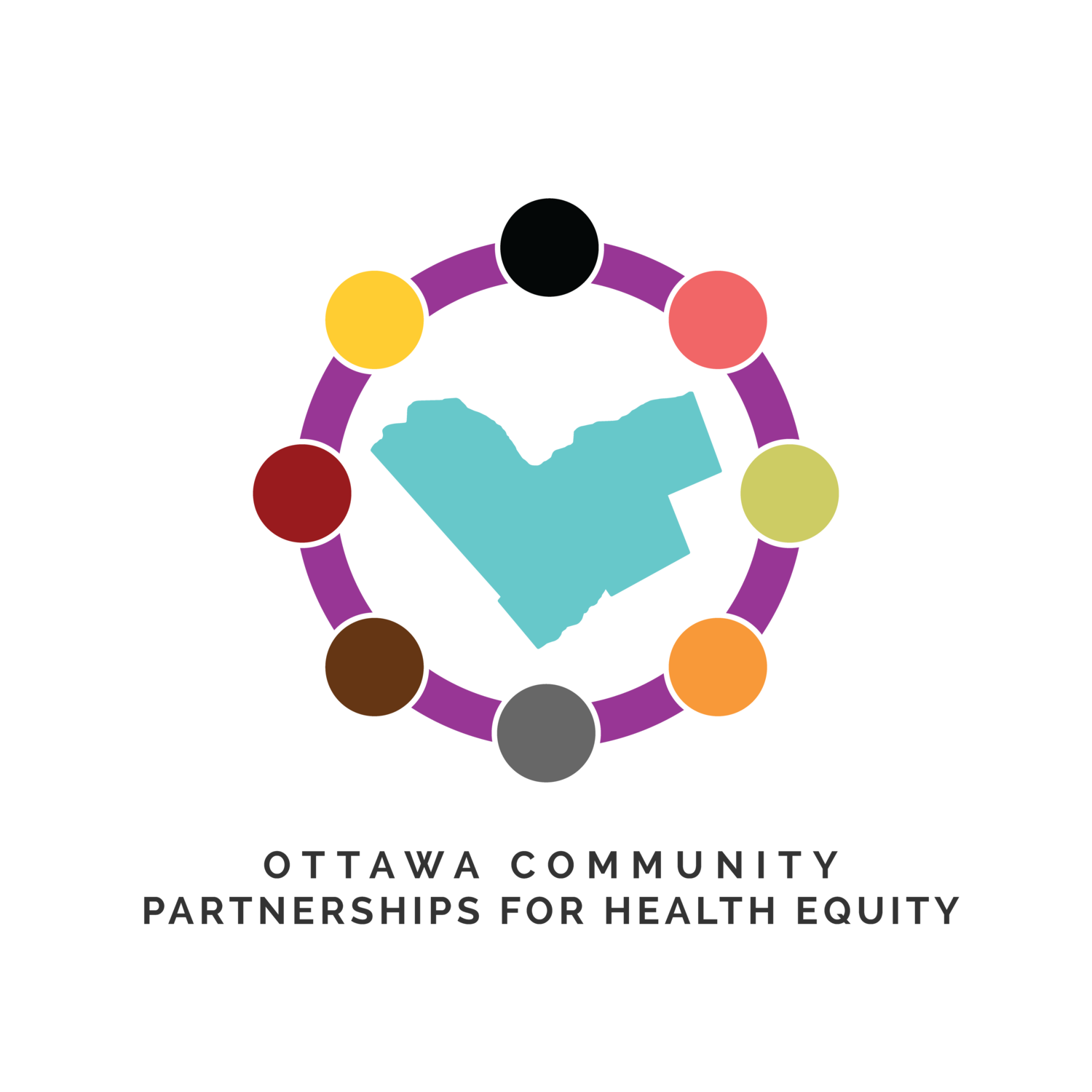
Mental Health Research
Research
A mental health crisis is a terrifying and traumatic experience to go through; it can be made even worse if the intervention used is prolonged or handled poorly. Crisis interventions are the methods used to help distressed individuals cope with their crisis from its critical moment towards recovery and follow-up. Literature about crisis intervention indicates that racialized persons with mental illness (PMIs) are disproportionately more likely to be injured or die after police encounters in the US, UK, Australia and Canada.
Aside from police who have been assigned as first responders to crises, the other most common crisis intervention model is the co-responding police-mental health program. Such programs reflect a partnership between mental health agencies and law enforcement agencies to build more efficient ways to handle PMIs. However, there has been limited evidence regarding whether co-responding police-mental health programs avert crisis escalation, improve officers’ perceptions of individuals who have a mental illness or are cost-effective. Moreover, the evaluation of co-responding models has not produced clear findings that could identify it as ‘best practice’ at diverting PMIs from the judicial system or reducing the likelihood of police brutality.
Evidence shows that investment in community-based crisis intervention programs involving interagency collaboration between service providers can foster collective impact in reducing the exposure of PMIs to the criminal justice system. A community-based approach effectively supports PMIs with diversion, treatment, and recovery while connecting them to community resources such as health care, stable and affordable housing, mentoring, conflict resolution, trauma-informed care, and employment services. Such initiatives are structured to address the root causes of mental illness by providing a supportive environment to help people overcome their challenges and tackle their socio-economic and health issues.
This report provides information on:
the impacts of the social determinants of health on mental health crisis intervention,
barriers to effective crisis intervention based on the current system,
facilitators for effective crisis intervention that support persons with mental illness, especially those who are racialized and disproportionately affected by traditional policing, and
existing non-police and community-based crisis intervention models.
Showcasing:
CAHOOTS (Eugene, Oregon)
Reach Edmonton (Edmonton, Alberta)
Gerstein Crisis Centre (Toronto, Ontario)
NYC Well (New York)
Anne Arundel County Crisis Response System (Annapolis, Maryland)
Albuquerque Community Safety (Albuquerque, New Mexico)
Mental Health Ambulance (Sweden)
Mental Health Acute Assessment Team (Australia)
A mental health crisis is a scary experience and depending on the practices used to help the individual cope, the outcome can lead to a healing journey or, on the opposite spectrum, cause irreversible harm in the form of involuntary hospitalization, arrest or brutality resulting in injury or death.
The following best practices aim to effectively manage mental health crisis on-site and mediate impacts following the crisis, focusing on community-based, non-police mental health crisis response models.




